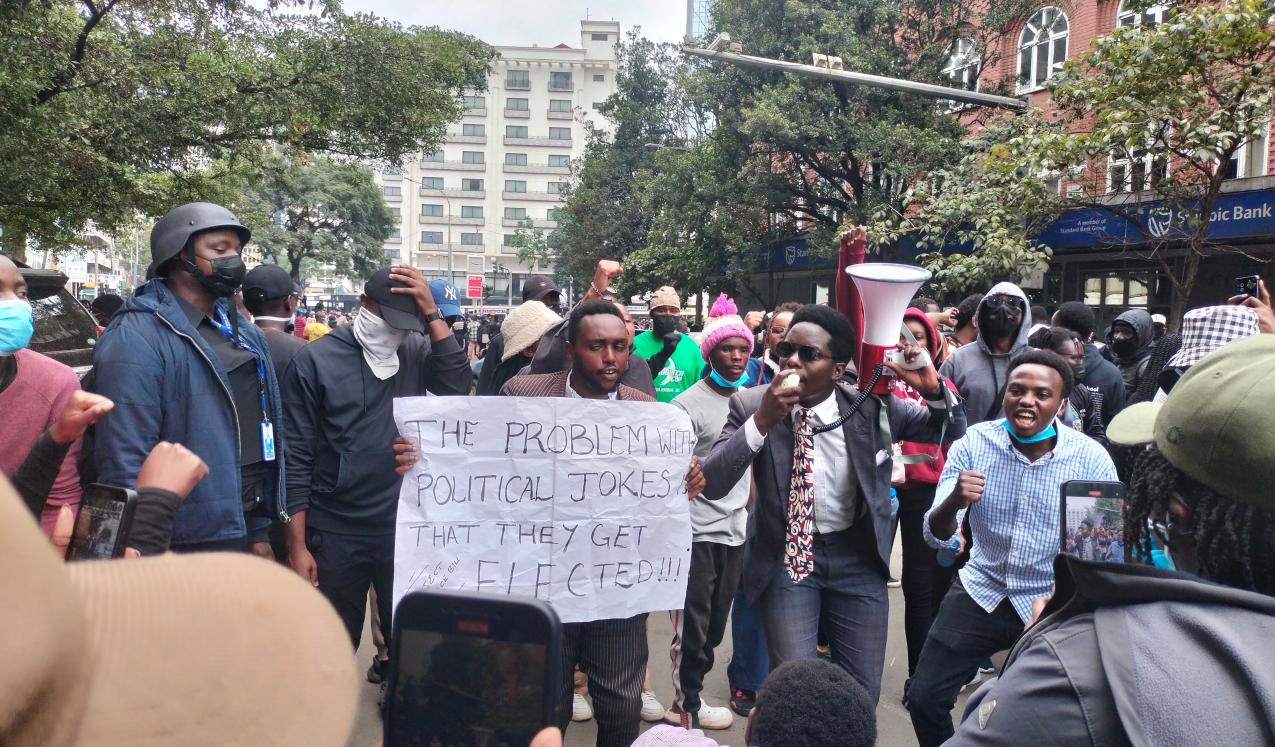
- Blog
- 14 octobre 2024
A story of intersectional discontent: how youth protests reveal entrenched cultural norms in Kenya
- Author: Gloria Nyambura Kenyatta
- Published by: ALIGN
Thousands of young Kenyans took to the streets in June 2024, outraged by increased taxation at a time when youth unemployment is soaring. These demonstrations, dubbed ‘GenZ protests,’ led to the rejection of the unpopular 2024 Finance Bill by Kenya’s legislature and the dismissal of several cabinet ministers by President Ruto. Months later, the country is still dealing with the aftermath, including trying to identify who is responsible for the heavy-handed, deadly, police response.
It was clear that young people in their diversity were expressing their desire to have a say in the development of public policy. Kenyans under the age of 35 represent around 80% of the population, yet they have been relegated to a back seat when it comes to power. As a result, there is low youth participation in politics.
Young people’s empowerment and their inclusion in governance are, however, guaranteed in the Kenyan Constitution adopted in 2010. Yet 14 years on, as the protests suggest, the realisation of the rights of marginalised groups, including young people, as mandated in the Constitution, has still not been achieved. And one key reason is the continued influence of social norms that distribute power on the basis of age and seniority, as well as gender and ethnicity.
2010 Constitution: recognising marginalised groups
The enactment of Kenya’s 2010 Constitution was a watershed opportunity to address the historical discrimination of the country’s marginalised groups, including women, youth and people with disabilities.
Until that point, the 1963 Independence Constitution had not even acknowledged these groups as marginalized. For example, there were age restrictions in place around running to become a Member of Parliament (21 years) or president (35 years). The Constitution reflected societal age-based norms at that time, where age was perceived to be synonymous with wisdom and experience. This means young people were not expected to be able to take up leadership positions, as their viewpoints were considered worthless.
The 2010 Constitution changed policies on youth rights, including a Bill of Rights and non-discrimination, the protection of their economic, social and cultural rights, and affirmative action programmes. It also changed the age for being a Member of Parliament and president to 18 years. Above all, it introduced two fundamental changes for marginalised groups. First, it adopted terminologies that acknowledged their existence, and further defined them as socially excluded because of laws and disadvantages rooted in prejudices based on sex, race, age and other characteristics. Second, it provided them with fundamental protections, demonstrating a real understanding of the dynamic nature of the exclusionary forces at play.
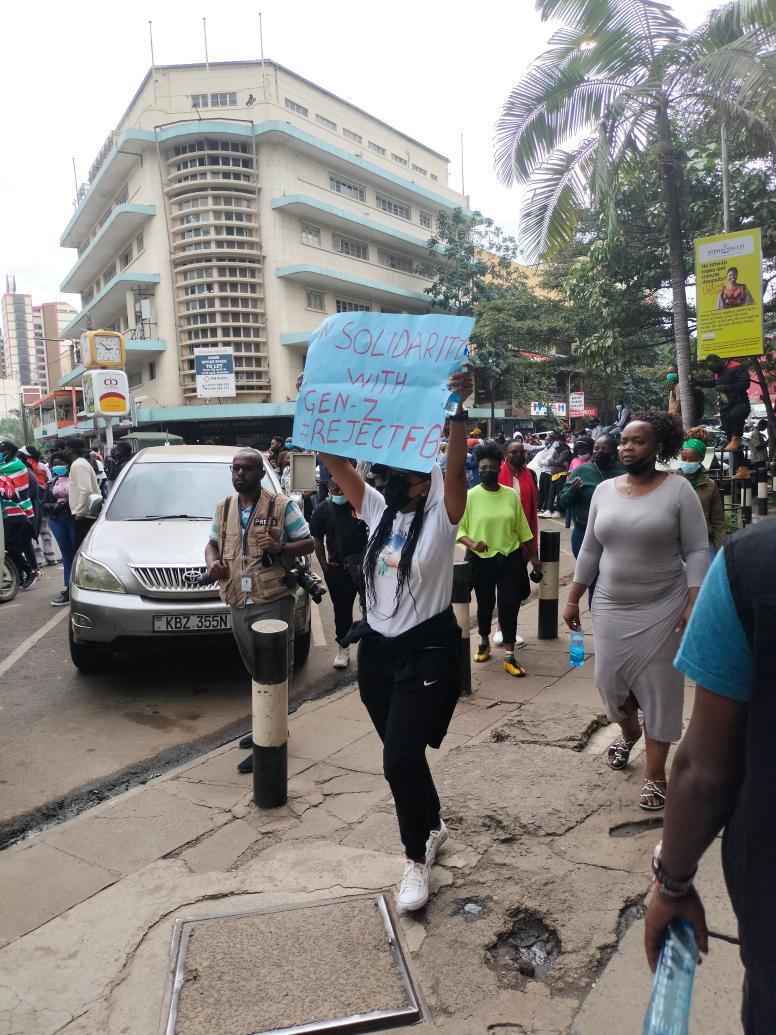
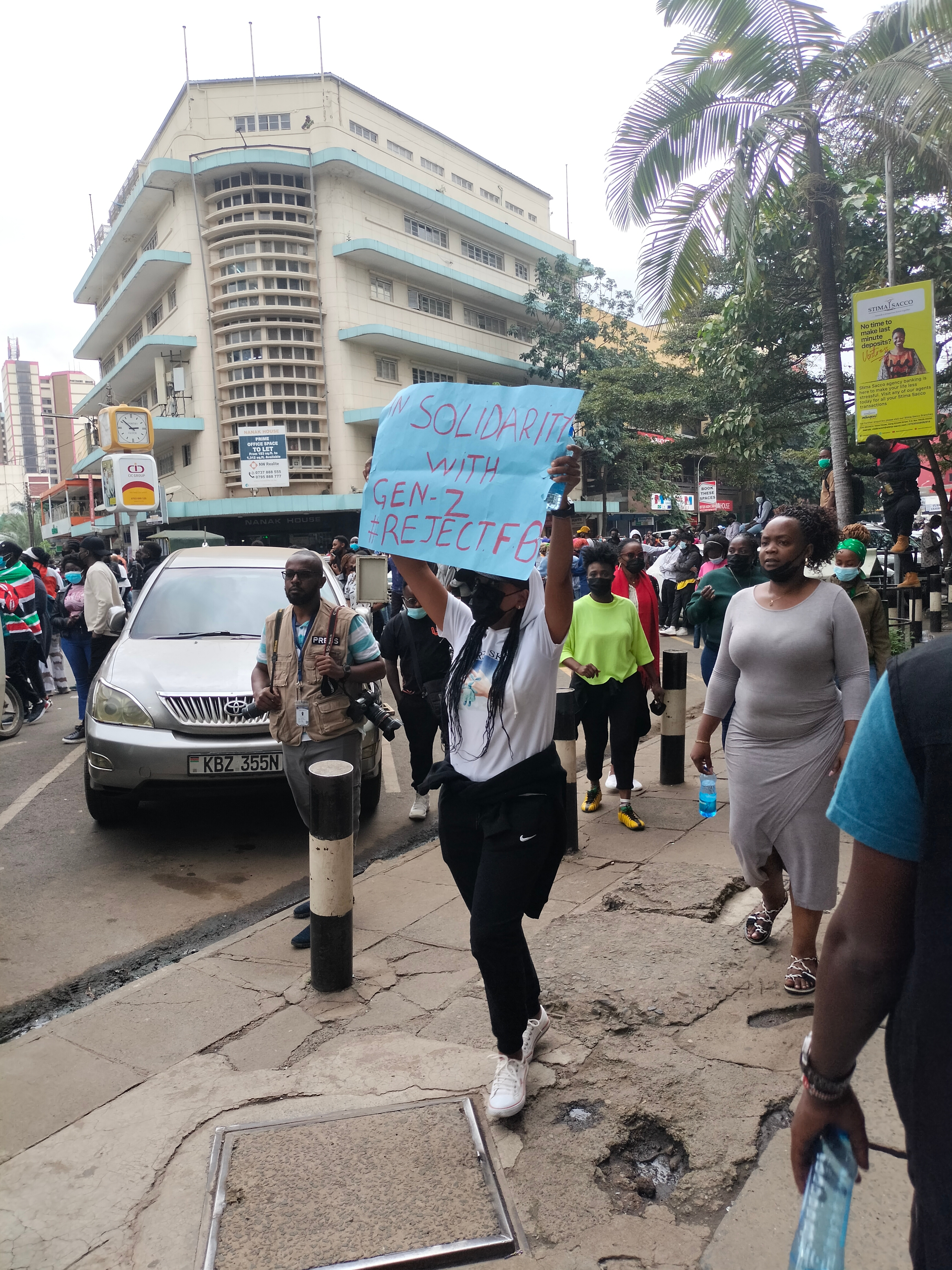
The 2010 Constitution also committed to affirmative action programmes as necessary steps to tackle historical biases. For example, Articles 27 (6), (8) and 81 (b) urge the State to put in place measures for the implementation of the ‘gender principle’, which aims to ensure that no more than two-thirds of all government posts are held by people of one gender. The Constitution has tried to make the country more inclusive and representative, and has aimed to shift power away from the central government to 47 devolved county governments. In this way it has attempted to curb the winner-takes-all political system and to better consider Kenya's multi-ethnic demographic constituencies, which had been historically disenfranchised.
Before 2010, the Governments’ strategies regarding marginalised groups, such as ethnic minorities, people living with disabilities or young people were ambiguous. Under the 1963 Independence Constitution, for example, there were no provisions for the inclusion or participation of marginalised groups in governance and political processes.
14 years on: Constitutional provisions are falling short
While the 2010 Constitution has had a positive impact in terms of recognising the rights of marginalised groups, successive governments are failing in their mandate to make deliberate efforts to enable the greater involvement of these groups in policy-making.
County governments, for example, are expected to address gender inequality by ensuring gender mainstreaming in county planning and budgeting. However, most county governments still lack the formal strategies and necessary structures that would promote women’s political participation in local governance and ensure their successful mainstreaming.
Women’s inclusion in governance is, therefore, undermined by societal norms, as seen in their lack of financial capability, a gender bias in the structures and practices of political parties, and persistent gender-based violence. All of these reflect a wider lack of education on gender issues by the public, uneven access to resources, and retrogressive cultures. Many of these experiences and challenges mirror the experiences of women in local politics around the world.
Statutory laws are not enough to end discriminatory norms
As the lack of inclusion of young women and men in power shows, Kenya’s statutory laws alone have not been able to address the core causes of historical exclusion of marginalised groups from governance.
To achieve such transformation, social and behavioural change campaigns are essential to challenge the false narratives about these groups’ role in the country’s development. There is a need for the State to define the ‘rules of the game’ for the inclusion of these groups by having clear laws and regulations that give effect to the constitutional provisions applicable to these groups. This will reduce the gap between the aspirations of the Constitution and the reality of its implementation.
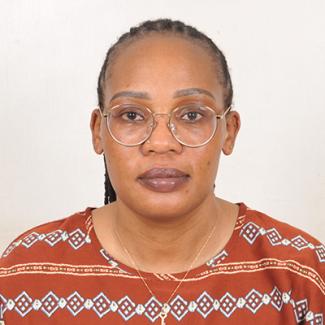

About the author
Gloria Nyambura Kenyatta is a doctoral researcher in Political Science at the University of Freiburg, Germany, and an ALMA research fellow at the Arnold Bergstraesser Institute in Freiburg. She also works in one of the devolved legislatures in Kenya -Bomet County Assembly. Her areas of expertise include gender equity, devolved governance, citizen participation, political participation, public policy development, and community development.
- Countries / Regions:
- Kenya
Related resources
Blog
10 février 2025
Published by: ALIGN

Blog
19 décembre 2024
Published by: ALIGN

Report
21 octobre 2024
Published by: ALIGN
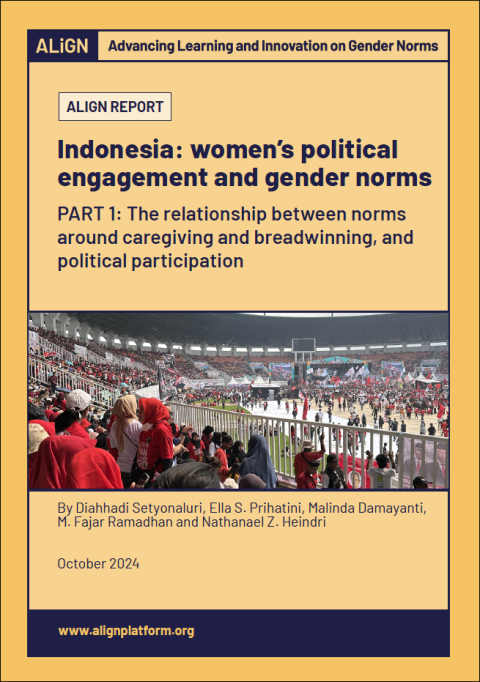
Report
30 septembre 2024
Published by: ALIGN, Frente Nacional para la Sororidad
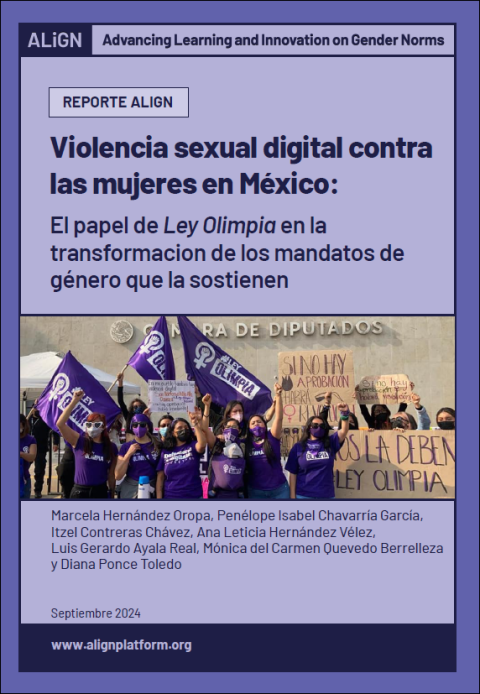
Report
4 septembre 2024
Published by: ALIGN, SISMA Mujer
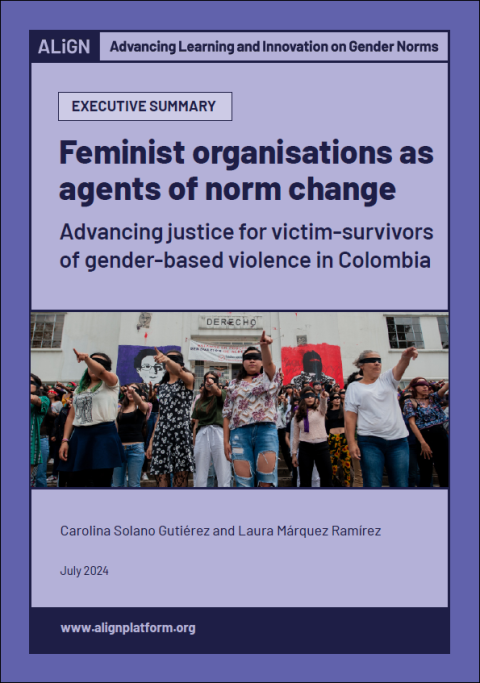
Blog
28 mai 2024
Published by: ALIGN
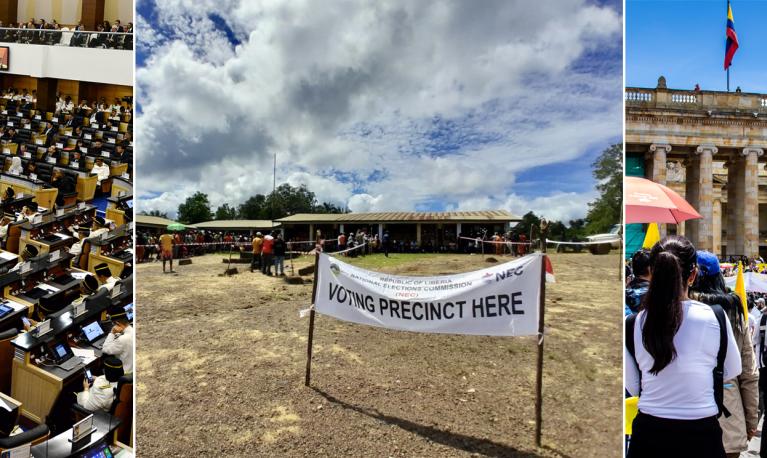
Report
28 mai 2024
Published by: ALIGN
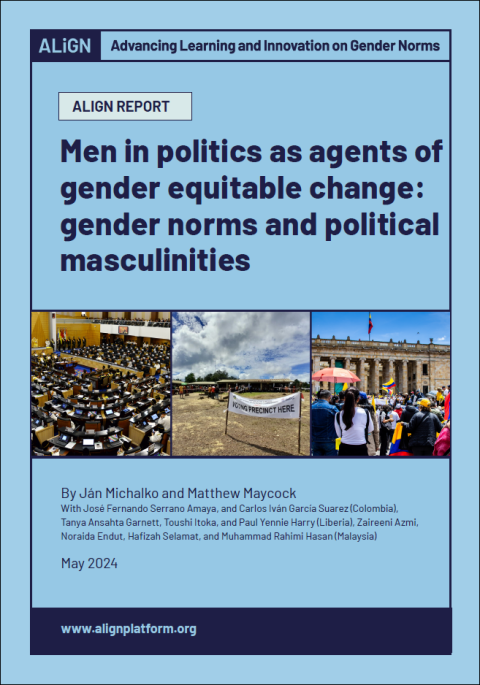
Video/podcast
15 mai 2024
Published by: Now and Men

Report
20 mai 2024
Published by: ALIGN, Centre for Research on Women and Gender, KANITA
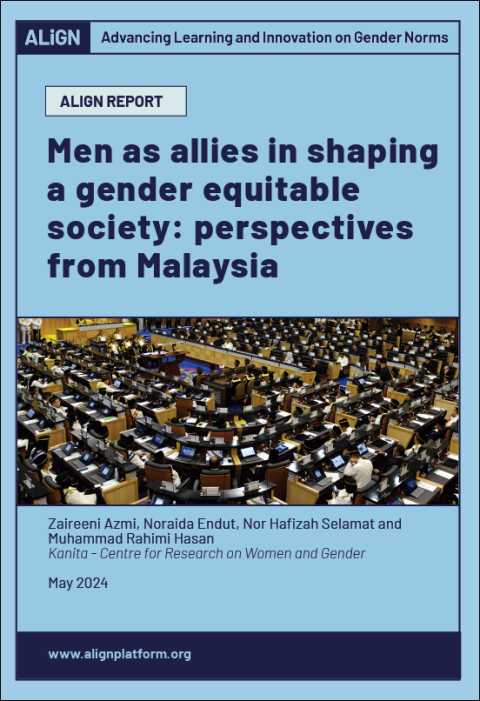
Report
13 mai 2024
Published by: ALIGN, Universidad de los Andes
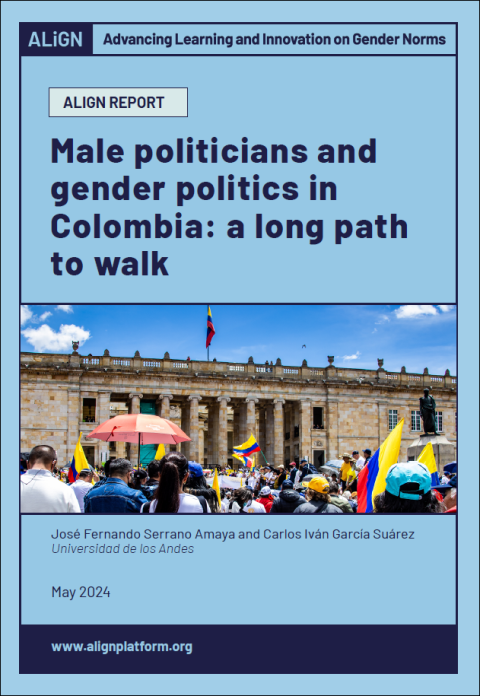
Report
1 mai 2024
Published by: ALIGN, Nunlai Research and Consulting
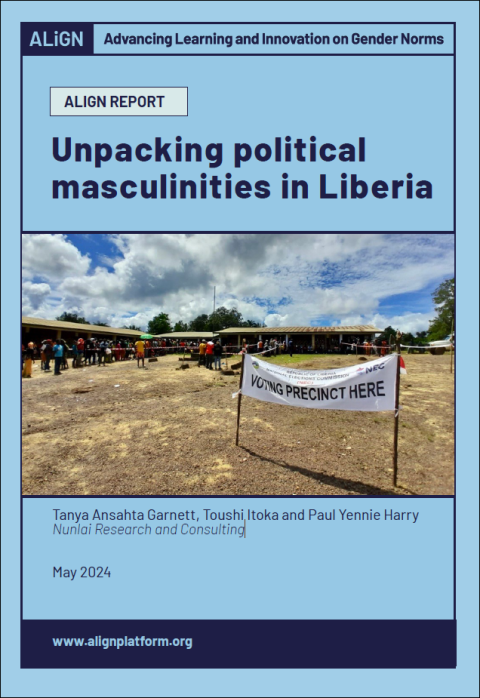
Blog
8 janvier 2024
Published by: ALIGN
